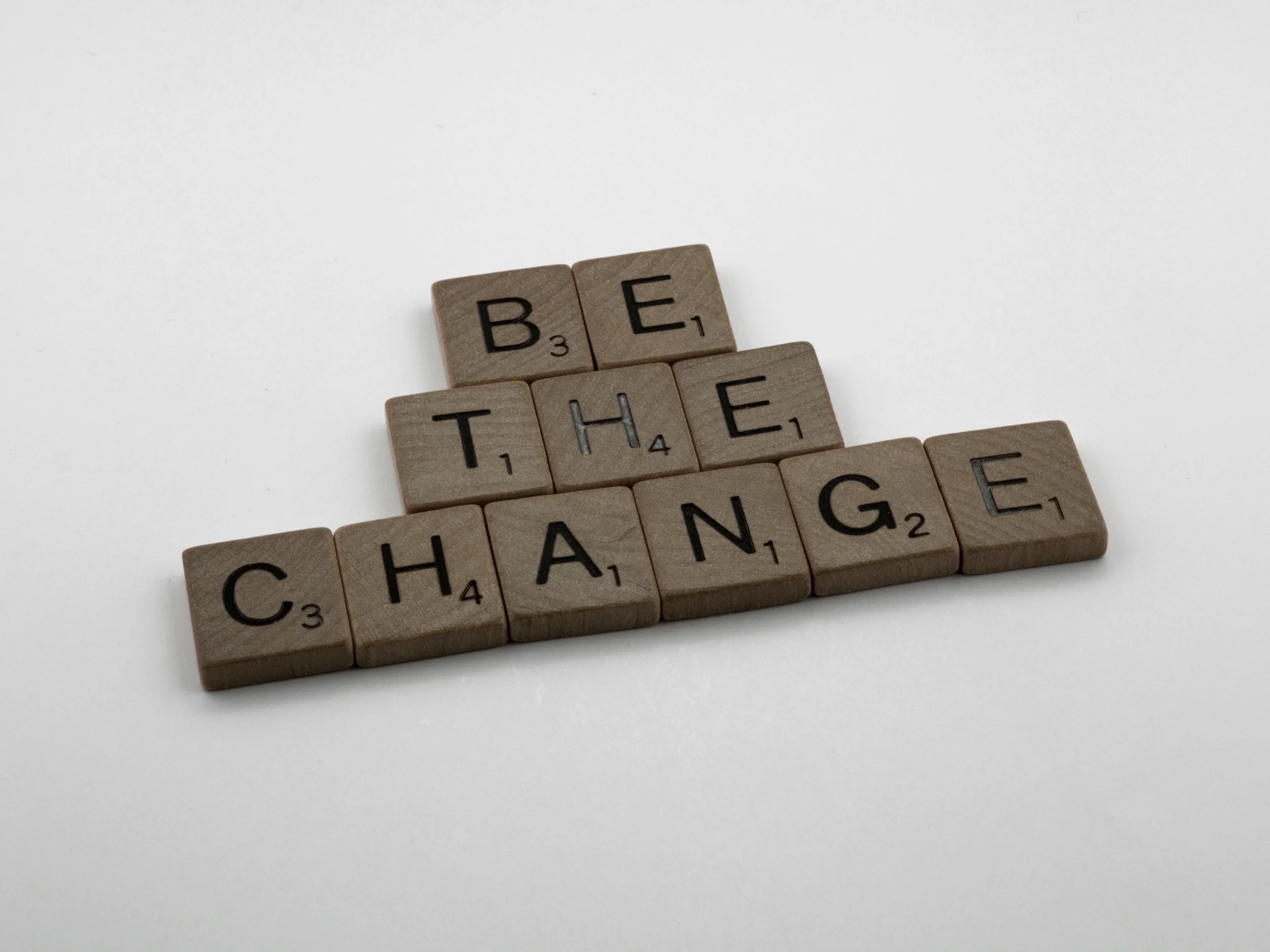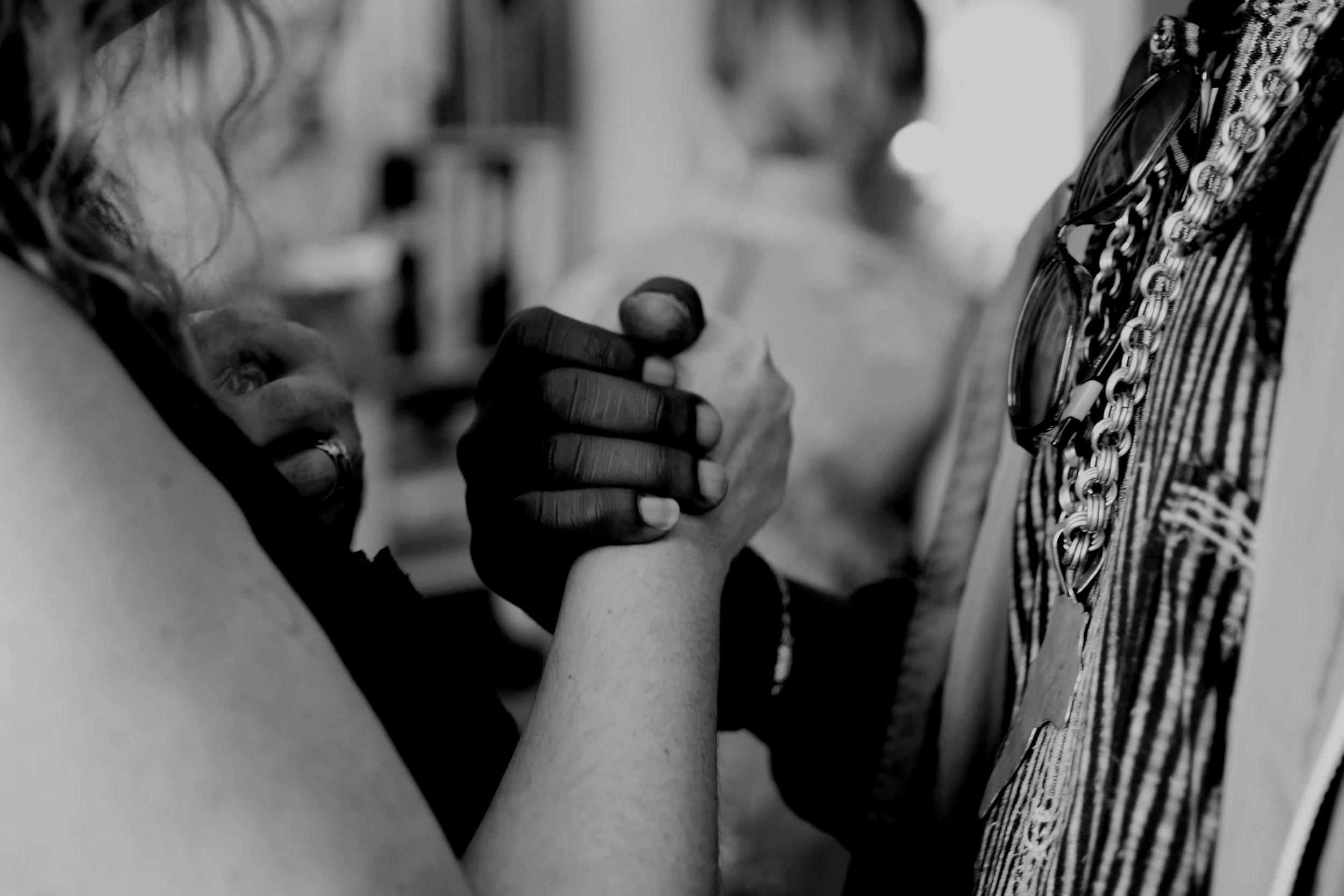What Fuels Rape Culture?
Unpacking the Everyday Beliefs and Systems Which Enable Sexual Violence
Rape culture is not just about individual acts of violence—it’s about the social, cultural, and systemic factors that normalize, excuse, and even enable sexual violence. From the way we talk about consent to how our legal systems handle perpetrators, rape culture is deeply embedded in society—but it can be challenged and dismantled.
Here are seven major factors that fuel rape culture and what we can do to change them.
1. Lack of Education on Consent, Emotions & Relationships
Consent isn’t just about saying “yes” or “no.” It’s about mutual respect, understanding personal boundaries, and recognizing coercion. Yet, many schools fail to teach comprehensive sex education that includes healthy relationships, emotional intelligence, and clear consent guidelines.
When young people grow up without proper education on these topics, they may internalize harmful ideas about entitlement to others’ bodies, leading to blurred lines around consent and respect in relationships.
✅ The solution: Introduce mandatory, comprehensive consent education that covers communication, boundaries, and emotional awareness—starting at a young age.
2. Power Dynamics and Gender Norms
Rape culture thrives in environments where power is unequally distributed—whether in workplaces, schools, relationships, or institutions. Societies that glorify male / white / straight/ cisgender / able-bodied / rich dominance, aggression, and entitlement create an atmosphere where sexual violence is excused or overlooked.
✅ The solution: Promote diversity in leadership, support workplace protections, and challenge outdated biases and gender roles that reinforce dominance and submission. Explore how power dynamics are shaping the way you relate to others. Do you connect with others from a dominant-subordinated perspective or from a truly collaborative and equal perspective?
3. Victim-Blaming
“How much did she drink?” “What was she wearing?” “Why didn’t they fight back?” These are just a few of the victim-blaming questions that survivors hear.
Victim-blaming shifts the responsibility from the perpetrator to the survivor, making it harder for people to report sexual violence. When victims are scrutinized more than their abusers, it discourages survivors from speaking up and emboldens perpetrators.
✅ The solution: Shift the conversation—ask why someone assaulted rather than why someone was assaulted. Support survivors instead of questioning them. If you want to know more about this topic, click on the links below to listen to episode 2 of the podcast where we explore why people tend to blame the victims.
4. Lack of Understanding of Trauma Responses
Many people expect survivors to respond to assault by screaming, fighting back, or reporting immediately. However, trauma responses like freeze, fawn, or dissociation are common and natural survival mechanisms.
When people misunderstand trauma responses, they may falsely assume that a lack of immediate reaction means that the assault wasn’t serious or that the survivor is lying. This fuels skepticism toward survivors and discourages them from seeking justice.
✅ The solution: Increase public awareness of trauma and psychological responses through education and survivor-centered discussions.
5. Lack of Punishment for Perpetrators
One of the biggest reasons rape culture persists is that most perpetrators face little to no consequences. Many survivors fear reporting their assaults because they believe nothing will happen—and unfortunately, the statistics back them up.
Even when cases go to trial, perpetrators often receive minimal punishment, especially if they are wealthy, influential, or socially respected. High-profile cases, such as the Brock Turner case, highlight how the legal system often prioritizes the future of the perpetrator over the harm done to the survivor.
✅ The solution: Advocate for stronger legal consequences, survivor-centered justice approaches, and accountability measures that prevent perpetrators from reoffending.
6. Sympathy for Perpetrators Over Survivors
We often hear more concern for perpetrators than for survivors. Statements like, “He has such a bright future ahead of him,” or “One mistake shouldn’t ruin his life,” are commonly used to minimize sexual violence.
This kind of sympathy reinforces the idea that rape is a minor infraction rather than a serious crime, while also downplaying the lifelong trauma inflicted on survivors.
✅ The solution: Shift our perspective—center survivors’ experiences in media narratives and public discussions instead of focusing on the consequences for perpetrators.
7. Social Injustices and Systemic Oppression
Rape culture doesn’t exist in a vacuum. It is deeply intertwined with racism, classism, homophobia, transphobia, and other forms of oppression. Marginalized groups—such as women of color, LGBTQ+ individuals, disabled people, and sex workers—are often at an even greater risk of sexual violence, police inaction, and societal dismissal.
Intersectionality is crucial when discussing rape culture—we must recognize how different systems of oppression interact to perpetuate harm and silence survivors.
✅ The solution: Support intersectional activism, listen to marginalized survivors, and challenge policies that exclude vulnerable communities from justice and protection.
Challenging Rape Culture Starts With Us
Challenging Rape Culture Starts With Us
Rape culture is upheld by ignorance, victim-blaming, lack of accountability, and deeply embedded power structures. But, it doesn’t have to stay that way.
By educating ourselves, holding institutions accountable, and shifting societal attitudes, we can work toward a world where sexual violence is no longer tolerated or excused.
🚀 Take Action Today: ✔️ Support consent education in schools ✔️ Call out victim-blaming when you see it ✔️ Advocate for legal reform and survivor protections ✔️ Speak up against misogyny, racism, homophobia, ableism and harmful gender norms ✔️ Amplify survivor voices and support their healing
🔗 What other factors do you think contribute to rape culture? Share your thoughts in the comments. Let’s keep this conversation going!








